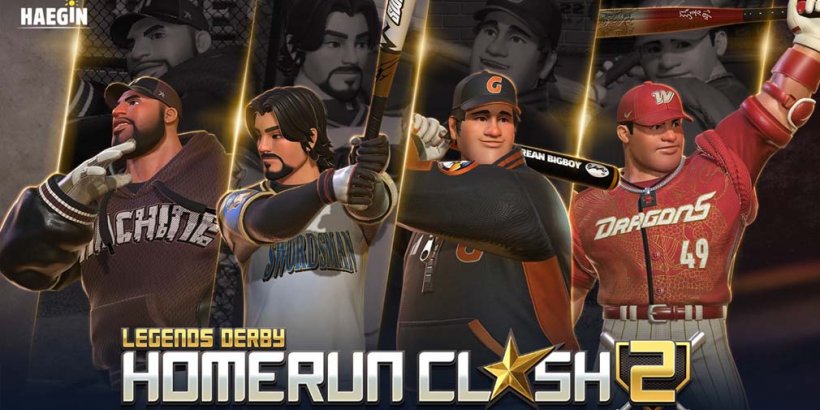Top 15 Mafia Movies Ever Ranked
Movies have long romanticized the allure of gunslingers, bank robbers, and wise guys, tapping into our fascination with those who live outside the law. Crime stories have been captivating audiences since before the advent of cinema, and as soon as moving pictures emerged, they became a staple genre. For those eager to dive into a world ruled by steely characters who forge their own paths and abide by their own codes, we've curated a list of the best mafia movies of all time.
Organized crime, a hallmark of the 20th century, naturally became a focal point for filmmakers. As mob syndicates expanded across the country, movies followed suit, exploring the intricate dynamics of these criminal enterprises. Legendary directors like Francis Ford Coppola and Martin Scorsese have become synonymous with the genre, crafting iconic portrayals of mafia life, while other esteemed filmmakers have also ventured into this shadowy realm with remarkable results.
Below, you'll find a diverse selection of films, ranging from tales of real-life mobsters and the law enforcement officers hot on their trail to purely fictional narratives designed to entertain and captivate. Here's our unranked list of the 15 best mafia movies ever made.
The 15 Best Mafia Movies
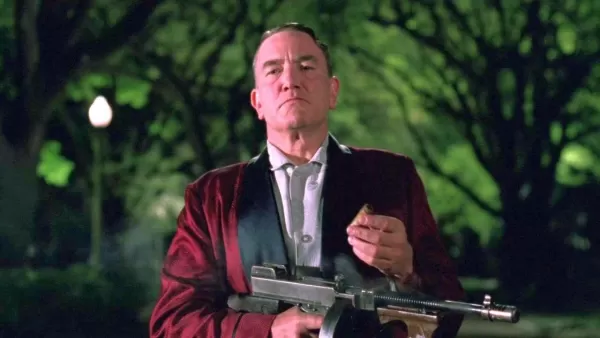
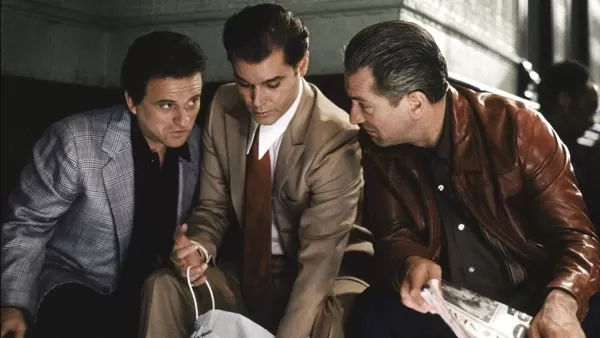 16 Images
16 Images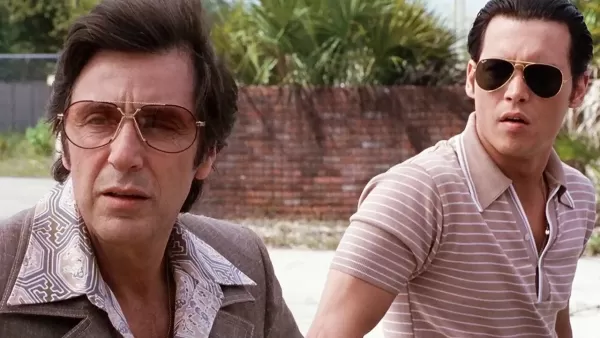
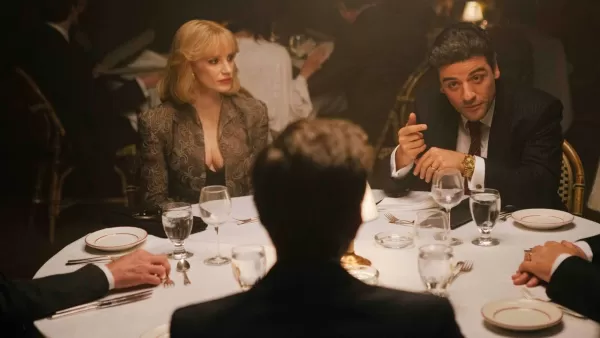
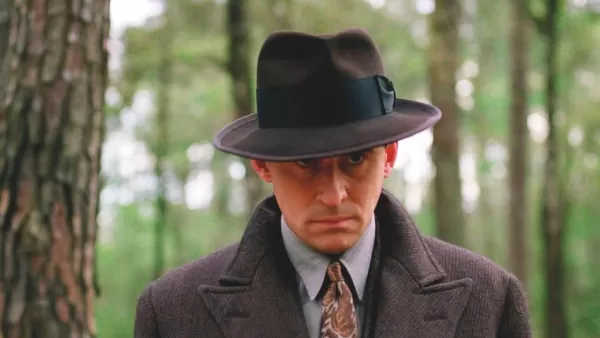
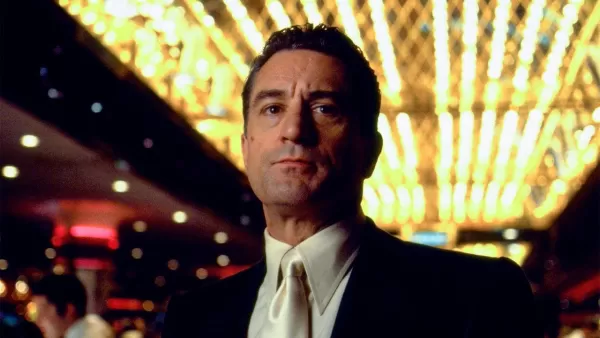 Looking for more great movies? Check out more lists like this:
Looking for more great movies? Check out more lists like this:
Best Spy MoviesBest Thriller MoviesBest Netflix MoviesGoodfellas (1990)
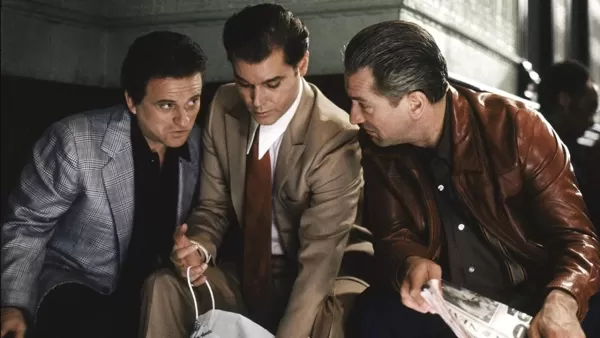
Martin Scorsese's "Goodfellas" has been a perennial favorite among mafia movie enthusiasts for over three decades, often hailed as the best in its genre (outside of "The Godfather"). This gripping tale chronicles the rise and fall of mob associate Henry Hill (played by Ray Liotta) over several decades. With standout performances from Robert De Niro, Ray Liotta, and Joe Pesci—who won the Best Supporting Actor Oscar—"Goodfellas" offers a visceral, blood-soaked look into the world of organized crime. Based on Nicholas Pileggi's biography "Wise Guy," this film showcases some of the finest work from its cast and crew, leveraging Scorsese and De Niro's iconic status to elevate Liotta and Pesci to new heights.
Donnie Brasco (1997)
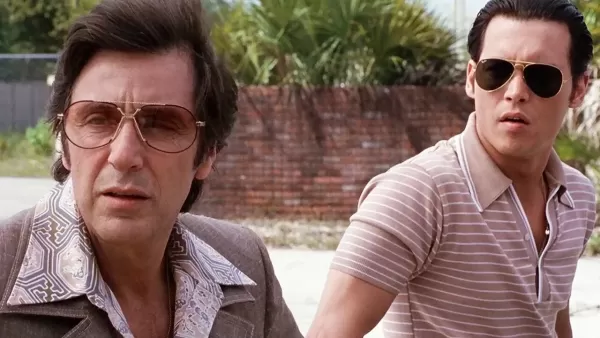
"Donnie Brasco," directed by Mike Newell, is another compelling true story from the world of the mafia. The film follows FBI agent Joe Pistone (Johnny Depp), who goes undercover as "Donnie Brasco" within the Bonanno crime family. Al Pacino delivers a nuanced performance as Lefty, a seasoned yet fading enforcer who unwittingly brings Pistone into the fold. Based on Pistone's own memoir, "Donnie Brasco: My Undercover Life in the Mafia," this movie offers a cool and compelling perspective on the mob, distinct from many others in its genre.
A Most Violent Year (2014)
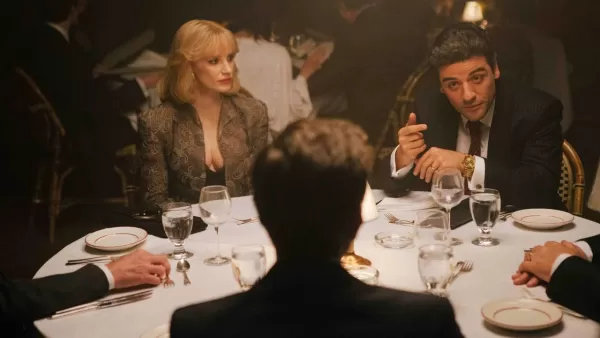
"A Most Violent Year" is a more contemporary entry into the mafia genre, featuring Oscar Isaac and Jessica Chastain. The film follows Abel Morales (Isaac), a trucking company owner navigating the treacherous landscape of 1981 New York City—the year with the highest crime rate in the city's history. As he strives to maintain his integrity amidst rampant corruption, Abel's story unfolds as a thought-provoking thriller, offering a vivid snapshot of a tumultuous time.
Miller's Crossing (1990)
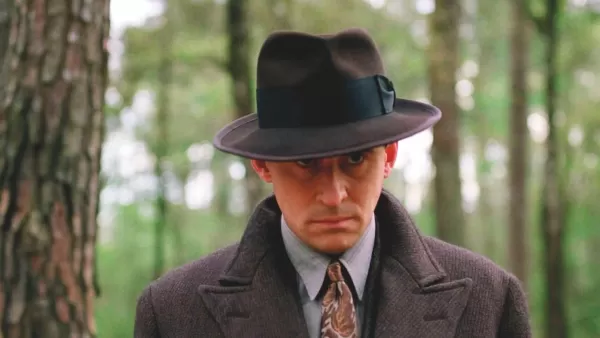
In the same year as "Goodfellas," the Coen brothers delivered "Miller's Crossing," a unique take on organized crime set during the Prohibition era. This film noir-inspired story follows Tom (Gabriel Byrne), an Irish mob lieutenant caught between warring factions. With its stylized dialogue, visually striking sequences, and compelling performances, "Miller's Crossing" not only launched Byrne's career in the U.S. but also set the stage for the Coens' next project, "Barton Fink." Albert Finney, Marcia Gay Harden, and Steve Buscemi also star.
Casino (1995)
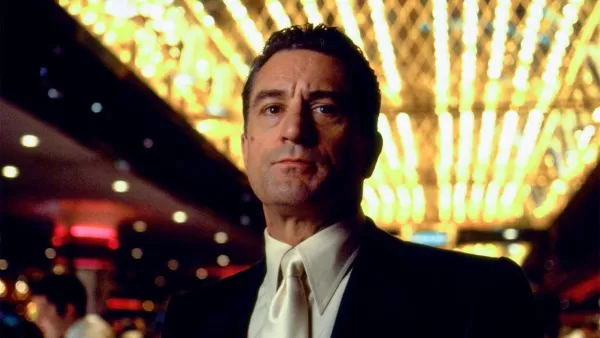
Another Scorsese classic, "Casino," reunites Robert De Niro and Joe Pesci, following their success in "Goodfellas." Based on Nicholas Pileggi's book "Casino: Love and Honor in Las Vegas," the film portrays characters inspired by real-life figures: De Niro plays Ace Rothstein, based on casino mogul Lefty Rosenthal, while Pesci portrays Nicky Santoro, inspired by enforcer Tony Spilotro. This epic narrative traces the transformation of these two partners into adversaries, with Sharon Stone delivering an Oscar-nominated performance as the femme fatale who drives them apart. Although often compared to "Goodfellas," "Casino" stands firmly on its own merits.
City of God (2002)
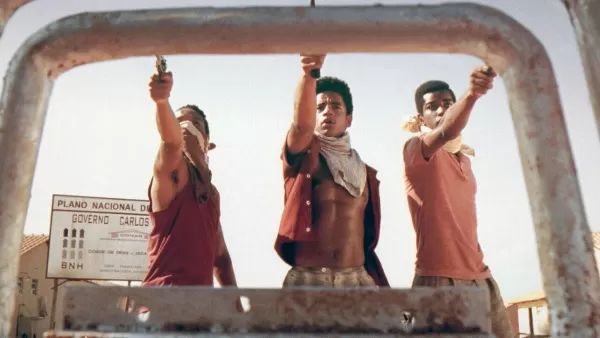
Venturing beyond American cinema, "City of God" is a Brazilian crime drama that spans several decades, depicting the rise of organized crime in Rio de Janeiro's Cidade de Deus suburb. Loosely based on real events, this film offers a raw and authentic look at the violence of the time, enhanced by the use of non-professional actors from Rio's low-income neighborhoods. Directed by Fernando Meirelles and Kátia Lund, "City of God" also inspired a spin-off TV series and a subsequent film.
The Untouchables (1987)
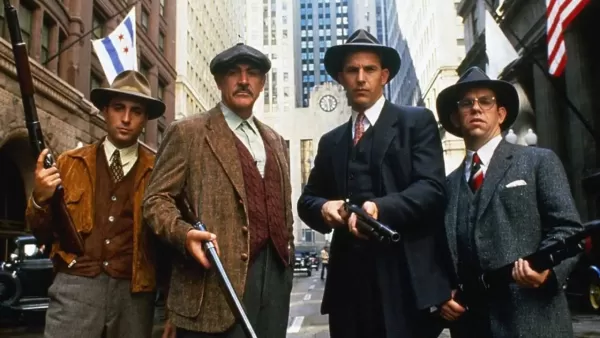
Brian De Palma's "The Untouchables" transports viewers to 1930s Chicago, where Eliot Ness (Kevin Costner) leads a relentless campaign against notorious gangster Al Capone (Robert De Niro). This action-packed film, with its slightly comic-book flair, showcases Ness assembling his team of incorruptible lawmen to tackle the seemingly untouchable Capone. Sean Connery's Oscar-winning performance as a seasoned police officer adds depth to this thrilling narrative.
The Departed (2006)
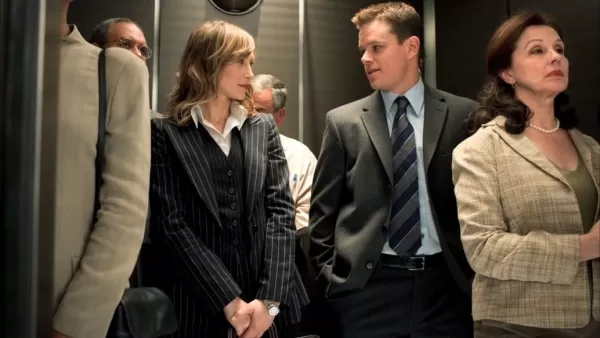
Martin Scorsese's "The Departed," a remake of the 2002 Hong Kong film "Infernal Affairs," is set in Boston and revolves around crime boss Frank Costello (Jack Nicholson) and two cops on opposite sides of the law: one an undercover agent in Costello's gang (Leonardo DiCaprio) and the other a mole within the police force (Matt Damon). This intricate ensemble film blends tension, humor, and heart, featuring a strong cast including Vera Farmiga, Mark Wahlberg, Martin Sheen, Alec Baldwin, and Ray Winstone.
Eastern Promises (2007)
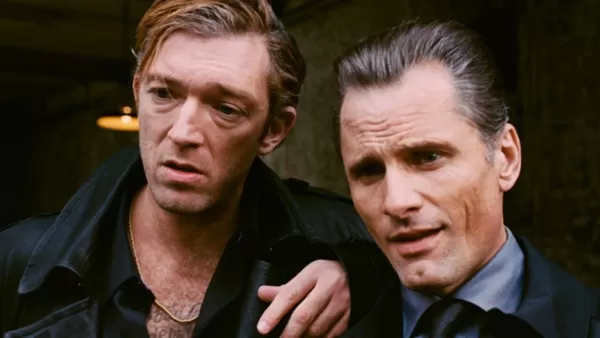
In the 2000s, Viggo Mortensen not only starred as Aragorn in "The Lord of the Rings" but also became a frequent collaborator with director David Cronenberg. Their second crime film together, "Eastern Promises," follows a Russian mob enforcer in London (Mortensen) as he navigates complex loyalties between his boss (Armin Mueller-Stahl), the boss's volatile son (Vincent Cassel), and a midwife (Naomi Watts) trying to protect a baby. The film is memorable for its intense, iconic bathhouse fight scene.
The Godfather (1972)
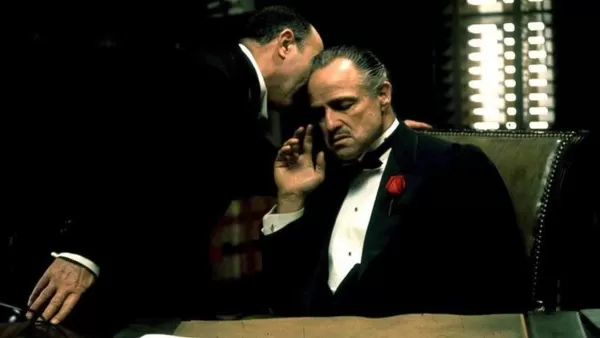
Considered by many as the pinnacle of mafia movies, Francis Ford Coppola's "The Godfather" revolutionized the genre. Based on Mario Puzo's novel, the film broke box office records in 1972, featuring iconic performances from Marlon Brando, Al Pacino, James Caan, Robert Duvall, and Diane Keaton. It chronicles the Corleone family's saga under patriarch Vito Corleone (Brando) and the transformation of his youngest son, Michael (Pacino), from a reluctant outsider to a ruthless mafia leader.
The Godfather Part 2 (1974)
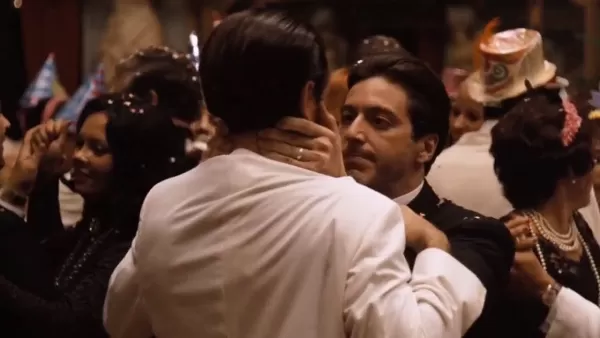
"The Godfather Part 2" not only serves as a sequel but also a prequel, further exploring the Corleone family. The film follows Michael Corleone (Al Pacino) as the new Don, dealing with betrayal and threats, while also delving into the early life of his father, Vito (Robert De Niro), from his childhood in Sicily to his rise as a mafia kingpin in America. With its dual narrative, the film is a profound examination of power and legacy.
Road to Perdition (2002)
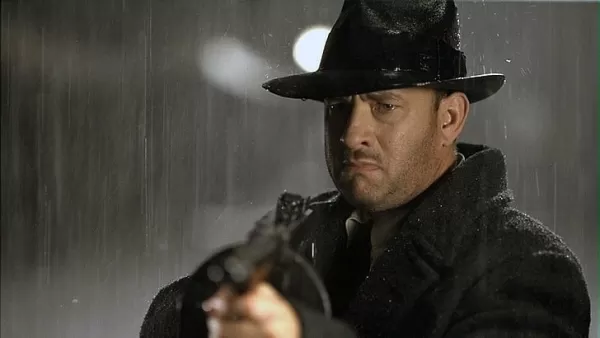
"Road to Perdition," based on a graphic novel, blends the mob genre with a poignant father-son road trip. Directed by Sam Mendes, the film stars Tom Hanks as Michael Sullivan, an Irish mob enforcer who flees with his son (Tyler Hoechlin) after his boss's son (Daniel Craig) murders the rest of their family. With its visually stunning narrative and powerful performances, this film offers a unique take on the genre.
Scarface (1932)
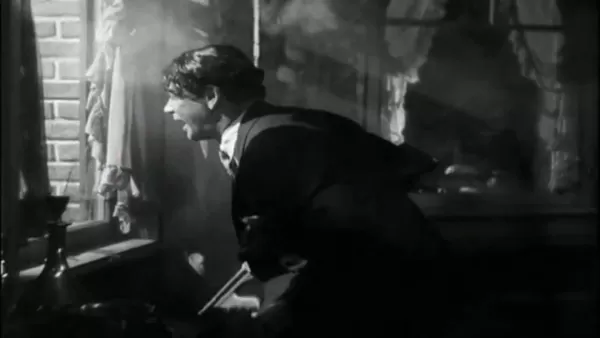
Howard Hawks' "Scarface," inspired by Al Capone's rise in Chicago, is a landmark film in the gangster genre. The story of Tony Camonte (Paul Muni), who ascends the ranks of the Chicago mob and falls in love with his boss's mistress, is notable for its bold visuals and gripping violence. Despite battling censors, "Scarface" has stood the test of time as both a historical and cinematic achievement.
The Irishman (2019)
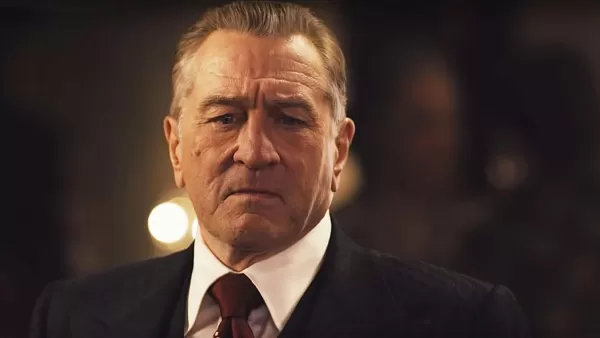
Martin Scorsese's "The Irishman," a Netflix original, reunites Robert De Niro, Al Pacino, and Joe Pesci for an epic tale of regret and loneliness. The film follows truck driver Frank Sheeran (De Niro) as he becomes a hitman for mobster Russell Bufalino (Pesci) and their involvement with Teamster leader Jimmy Hoffa (Pacino). Based on Charles Brandt's book "I Heard You Paint Houses," "The Irishman" offers a sobering look at the cost of a life in the mafia, focusing on the characters' later years.
American Gangster (2007)
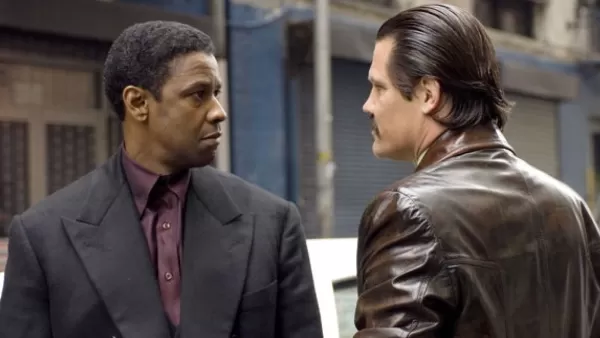
Ridley Scott's "American Gangster" delves into the life of Harlem drug lord Frank Lucas (Denzel Washington), who uses the Vietnam War to smuggle heroin into the U.S. Newark detective Richie Roberts (Russell Crowe) leads the charge to bring him down. With exceptional performances and a compelling narrative, the film is both an intelligent and stirring spectacle, featuring a strong supporting cast including Josh Brolin, Chiwetel Ejiofor, and Cuba Gooding Jr.
AnswerSee ResultsThose are our picks of the best mafia movies ever – in no particular order. Did your favorite make the cut? If not, rather than leaving a horse head in our bed, let us know your top picks in the comments.








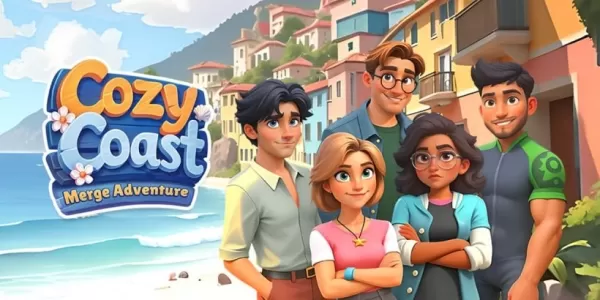
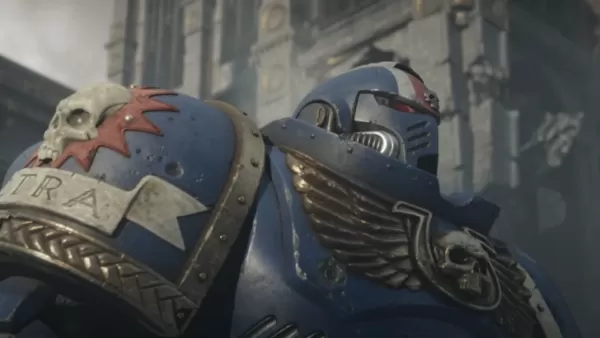
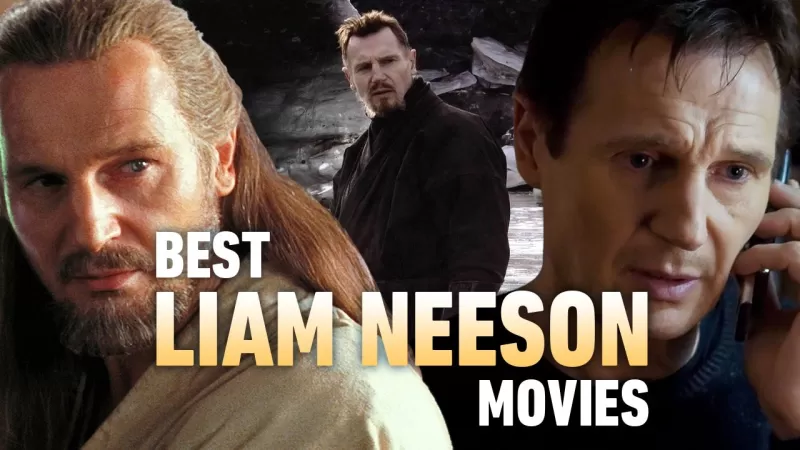

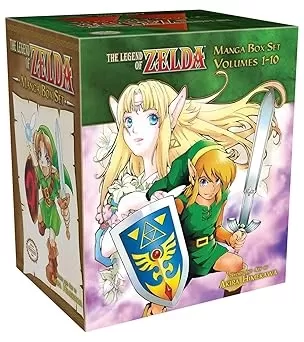
![My Cute Succubus - Girls in Hell [18+]](https://imgs.21all.com/uploads/98/17315786356735cb0b46adf.png)










